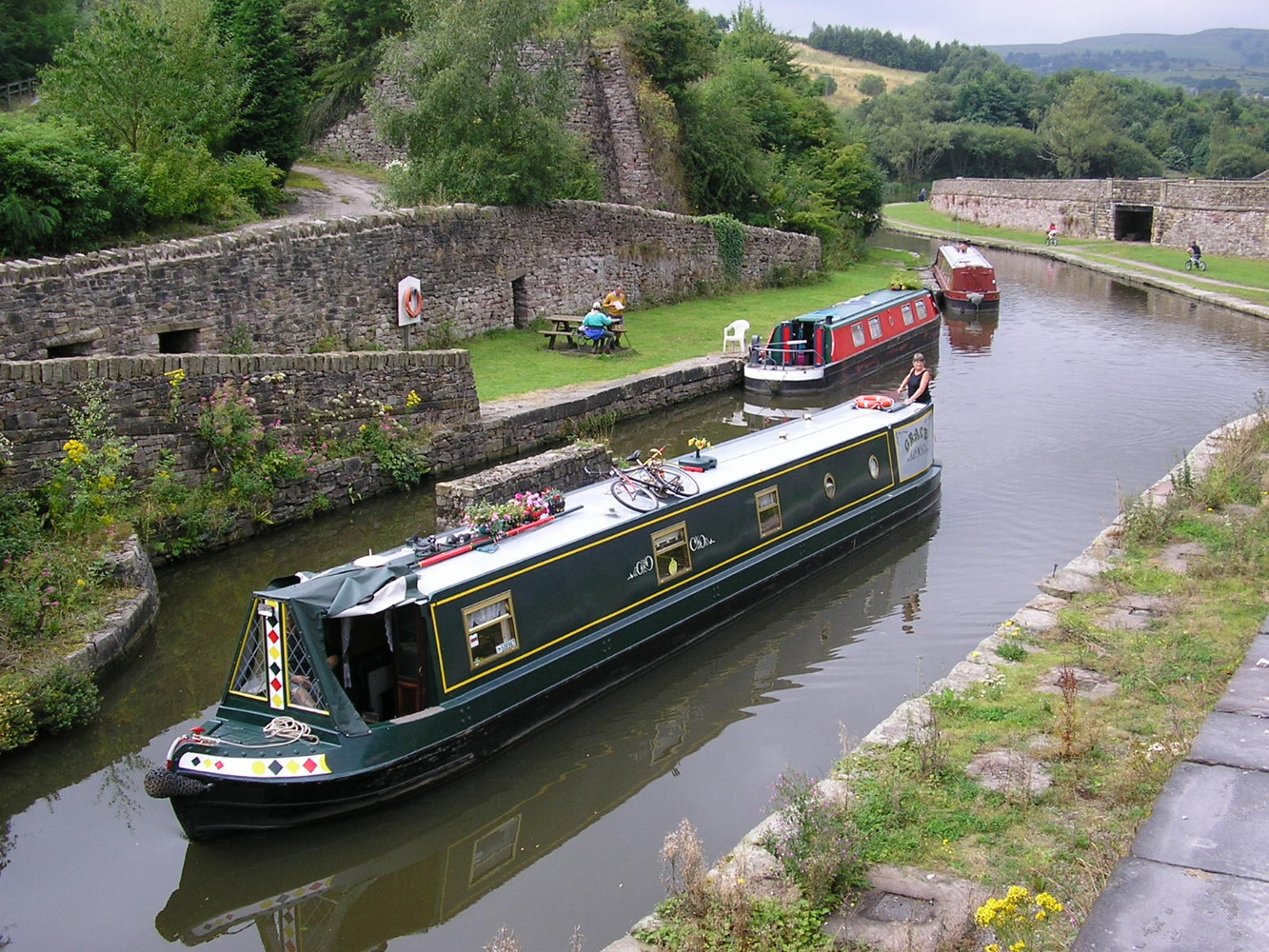Stopping rivers bursting their banks
Interview with
Jenny Mant, from the River Restoration Centre, explains to Hannah Critchlow how we manage river levels and how we can stop more rivers from bursting their  banks in the future...
banks in the future...
Hannah - So, I live on a house boat on the River Cam myself and I'm only too aware of how much the water level has been rising and falling over the recent weeks. The river has been bursting, its banks at very frequent intervals, and there's been some days when I haven't been able to board my boat. I've been trying to don the wellies and kind of try and get onto my boat, hauling myself up with ropes, but it hasn't been possible. What's been going on to cause this much change with the river levels?
Jenny - Well, I think it has been extremely unusual conditions and in fact, there's estimates now that we haven't seen something like this for the last 200 - 250 years. And so, there has been an extreme amount of rain in the whole system. To some extent obviously, rivers and their flood plains are there to manage the rivers. We've just experienced a lot of rain, the ground waters are full with water and there's really nowhere for the water to go.
Hannah - We were hearing earlier from the people that work with the environment agencies, so the national body that looks after our river ways that dredging just isn't a sustainable option. So, removing that silt deposition at the bottom of the river in order to increase the capacity of the river, that could be possibly an option to help prevent against river flooding, but it's not financially sustainable? Is that true? What's the research on that?
Jenny - The issue with dredging is, if you, for example equate it to going to the doctors, if you're dredging, you're almost fixing the symptoms and you're not really looking at the cause. It is extremely expensive because if you dredge a river, you are going to have to keep on dredging it because as soon as you stop dredging, the fine material will come in to the river that comes from the areas around within the catchment, and that will then deposit back within the river. So really, I think what Dan was saying earlier was, you have to think about each catchment as an individual catchment and think about the management of that catchment, both within the urban and the rural areas to try and stop the sediment getting into the river in the first place. That way, you will then not need to dredge the rivers to try and think about the natural way that a river would manage itself if you like.
Hannah - And you mentioned the causes earlier. So, what could be an example of these causes? I've read in the papers recently that intensive maize farming for example, right up against the river bank, that's not a good thing to help with this flooding issue.
Jenny - No, it's not the maize itself, but it's the way that it's actually managed within the rural areas. So, things like not ploughing right up to the edge of the river is very important because that stops a massive amount of sediment getting into the river. And also, simple things like thinking about where your gated access is, and if it's at the bottom of the slope, at the bottom of a river then that immediately creates a pathway for sediment to go straight in to the river. So, it's thinking about the whole of the catchment management. It's not just the rural areas at all. We need to think about the urban areas, but I think you're talking about that later on in the programme.
Hannah - So, just in the houses nearby my boat on the river, there's lots of flood gates against people's front gardens to try and protect the water seeping into the houses and again, causing lots of damage as Sheila was alluding to earlier. So, is this something that we're going to increasingly have to stop putting in in our houses around the UK and in these areas that traditionally, we didn't think were actually in danger of becoming flooded?
Jenny - Well, quite possibly or at least trying to set back a bit from the river as well. So you're giving the river more space to enable it to manage the floods. But again, as we heard earlier, with climate change coming into the scenario, we're in a situation where we probably may be seeing more events of this kind of nature in the future. So again, it goes back to trying to think about how we manage the whole catchment and part of that may be, that we have to think about how we deal with our houses being right next to the river.
- Previous The Blue-Green Cities Project
- Next The impact of local flooding










Comments
Add a comment